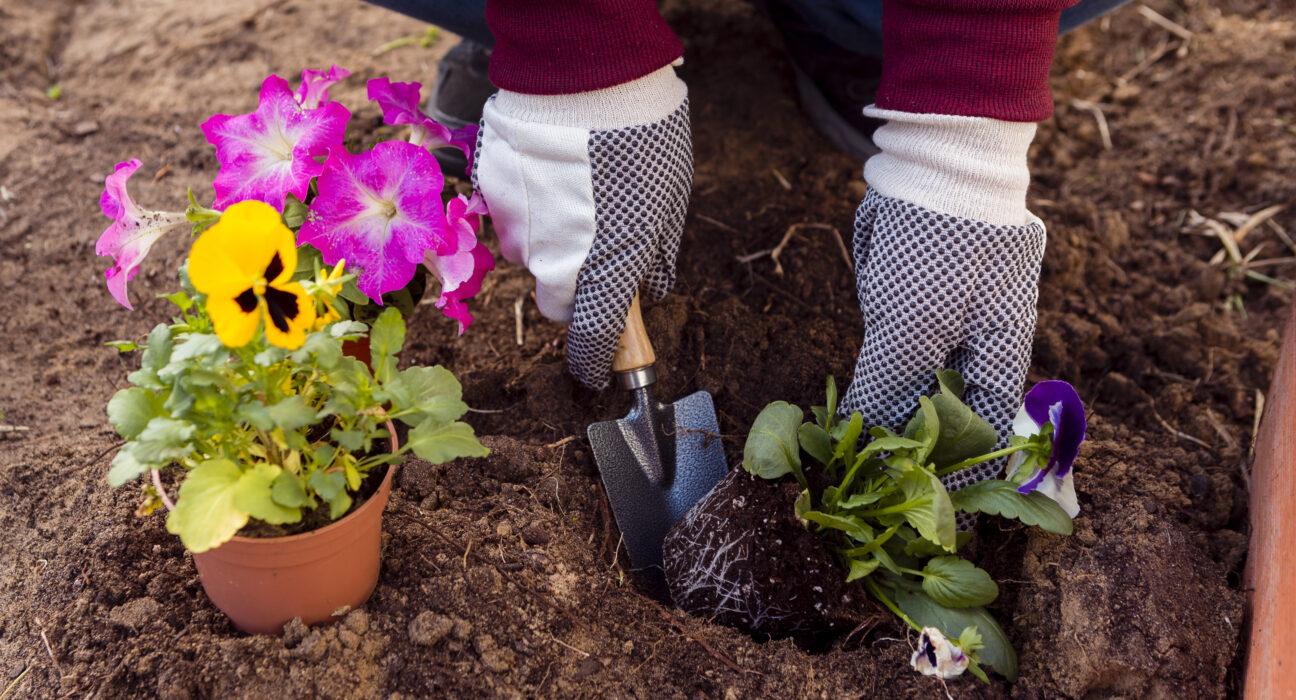Gardening is more than just a hobby—it’s a practice that nurtures both the body and the mind. Whether you have a sprawling backyard or a small balcony, tending to plants can have profound effects on your physical health, mental well-being, and overall quality of life. Let’s explore the surprising benefits of gardening and discover how you can cultivate wellness with every seed you sow.
Physical Fitness and Strength
Gardening is not merely a leisurely pastime; it’s a full-body workout that can rival any gym session. Digging, planting, weeding, and harvesting engage multiple muscle groups, promoting strength and endurance. According to studies, an hour of gardening can burn between 200 and 400 calories, depending on the intensity of the activity. This makes it an excellent way to maintain a healthy weight while enjoying the outdoors.
Gardening also enhances flexibility and coordination. The various movements involved—bending, stretching, and reaching—help improve balance and agility. As we age, maintaining these physical attributes becomes crucial for preventing falls and injuries. Regular gardening can be a fun and effective way to keep your body agile and strong.
Nurturing plants can lead to improved cardiovascular health. Engaging in moderate physical activity, such as gardening, helps lower blood pressure, reduce cholesterol levels, and improve overall heart function. This natural form of exercise is particularly beneficial for individuals who may find traditional workouts intimidating or unappealing.
Mental Health and Stress Relief
The mental health benefits of gardening are profound. Spending time in nature has been shown to significantly reduce stress levels. Tending to plants can lower cortisol levels—the hormone associated with stress—leading to a calmer state of mind. The rhythmic tasks involved in gardening provide a meditative quality that allows individuals to disconnect from their daily worries and reconnect with themselves.
Think mindfulness! When you’re focused on planting seeds or pruning leaves, you’re fully immersed in the present moment. This mindfulness practice can combat anxiety and depression, offering a natural remedy that doesn’t come with side effects. Studies have shown that individuals who engage in gardening report higher levels of happiness and satisfaction in their lives.
Nutritional Benefits
One of the most tangible benefits of gardening is the direct access it provides to fresh, locally grown produce. Growing your own fruits and vegetables ensures that you know exactly what goes into your food—no pesticides, no preservatives, just pure, organic goodness. Homegrown produce is often richer in nutrients than store-bought options, as it can be harvested at peak ripeness.
Gardening also encourages healthier eating habits. When you’ve invested time and effort into growing your own food, you’re more likely to incorporate those fresh ingredients into your meals. This shift towards a plant-based diet can lead to numerous health benefits, including lower risks of chronic diseases such as obesity, diabetes, and heart disease.
Connection to Nature
In our increasingly urbanized world, the disconnection from nature is palpable. Gardening serves as a bridge back to the earth, allowing us to experience the beauty and tranquillity that nature offers. This connection has profound implications for our mental and emotional health. Research suggests that spending time in green spaces can improve mood and cognitive function.
Engaging with nature through gardening also fosters environmental awareness. As you nurture plants and witness their growth, you develop a deeper appreciation for ecosystems and biodiversity. This understanding can inspire sustainable practices in your daily life, contributing to a healthier planet for future generations.
Getting Started with Gardening
You don’t need a large space or extensive experience to enjoy the benefits of gardening. Here are some simple ways to get started:
- Container Gardening: If you have limited space, try growing herbs, tomatoes, or peppers in pots on a balcony or windowsill.
- Raised Beds: Ideal for beginners, raised beds offer better soil control and ease of access.
- Vertical Gardens: Utilize walls and trellises to grow climbing plants, such as cucumbers, beans, or flowers.
- Indoor Gardening: Houseplants and hydroponic gardens bring greenery indoors, improving air quality.
Final Thoughts
Gardening is a holistic activity that nurtures the body, mind, and soul. Whether growing vegetables, flowers, or houseplants, every plant you nurture contributes to your well-being. So, put on your gloves, grab a shovel, and start growing your health—one seed at a time.





